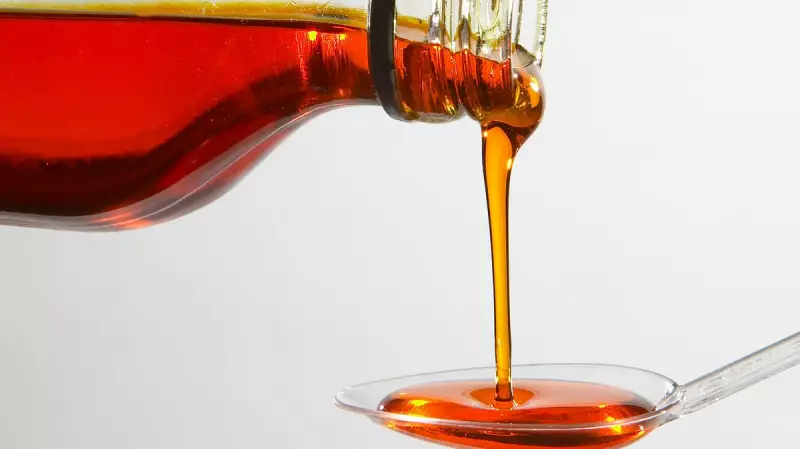
In a significant shift that's reshaping pediatric healthcare, India is fundamentally rethinking how it approaches children's cough and cold medications. This transformation comes as health authorities implement sweeping changes to ensure medication safety and effectiveness for the nation's youngest patients.
The Bitter Truth: Why Sweet Syrups Are Falling Out of Favor
For generations, sweet-tasting syrups have been the standard for administering medicine to children. However, health experts are now advocating for a different approach. The new consensus suggests that making medicines less palatable might actually be beneficial in the long run.
"There's growing recognition that if medicine tastes too good, children might be tempted to consume it like candy," explains a healthcare professional familiar with the new guidelines. "This creates significant safety risks that we're now addressing head-on."
Safety First: India's Regulatory Overhaul
The changes extend far beyond taste preferences. Indian health authorities have implemented comprehensive reforms including:
- Stricter quality control measures for pharmaceutical manufacturers
- Enhanced testing protocols for all pediatric medications
- Clearer labeling requirements with prominent warnings
- Revised formulation guidelines based on international safety standards
Learning from Global Experience
This paradigm shift follows international concerns about certain Indian-manufactured syrups. Rather than defending past practices, Indian regulators have chosen a path of proactive reform and continuous improvement.
The new approach aligns with World Health Organization recommendations while adapting them to India's unique healthcare landscape. This demonstrates the country's commitment to becoming a global leader in pharmaceutical safety rather than just meeting minimum standards.
What This Means for Indian Families
For parents across India, these changes translate to:
- Enhanced safety when administering medicines to children
- Better awareness of proper dosage and storage requirements
- Increased confidence in the quality of pediatric medications
- More transparent information about potential risks and benefits
The transition may require some adjustment as families become accustomed to different tasting medications and new administration techniques, but health experts agree these changes represent significant progress in child healthcare safety.
As India continues to implement these reforms, the nation positions itself at the forefront of responsible pediatric pharmaceutical practices, setting new standards that could influence global healthcare approaches for years to come.





